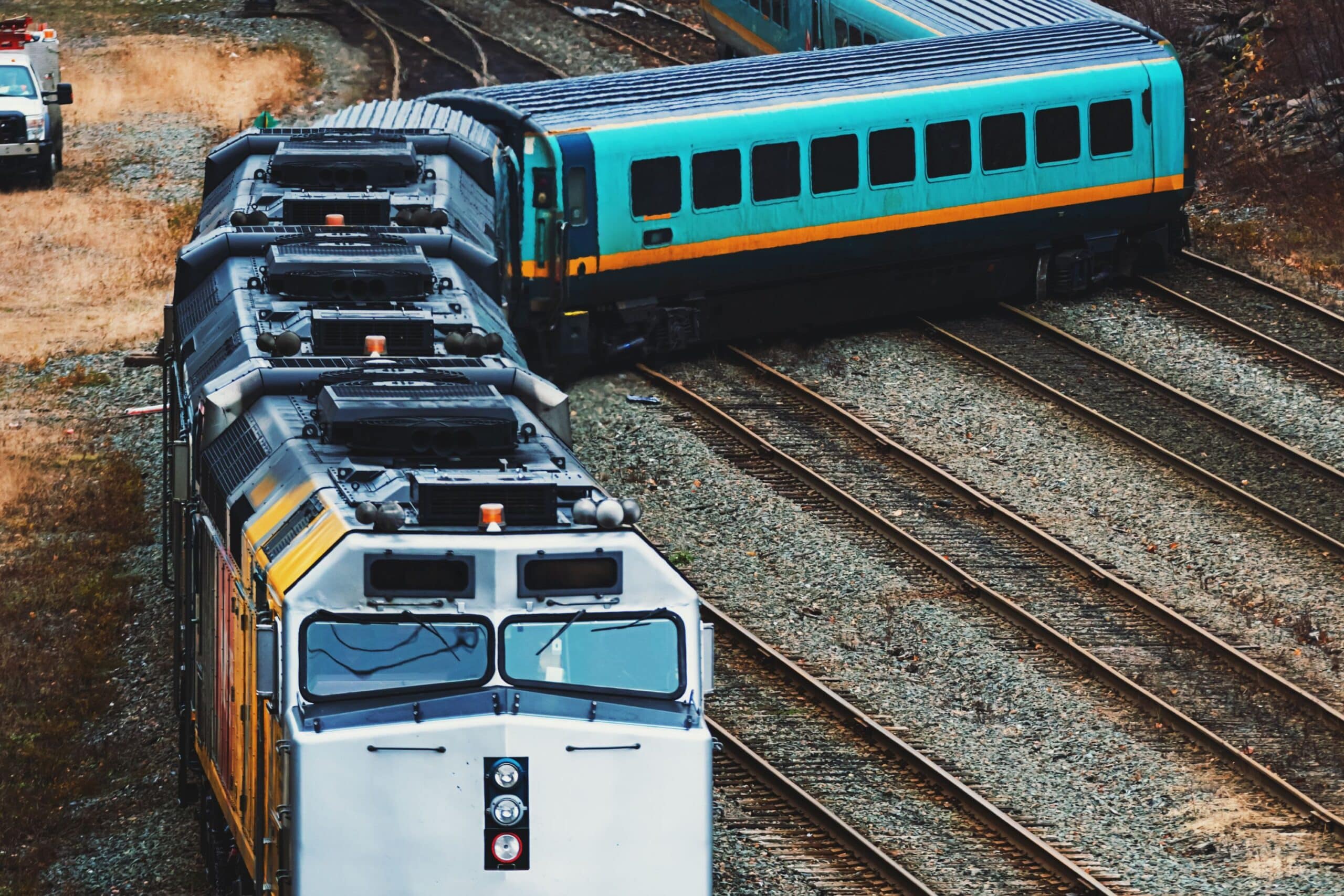Free Consultation
Free Consultation

Train accidents are devastating incidents that can cause significant physical, emotional, and financial harm to victims and their families. In the aftermath of such accidents, seeking justice becomes a vital pursuit. Understanding the concepts of liability and legal recourse is crucial for victims to navigate the complex legal landscape and obtain the compensation they deserve.
Determining liability in train accidents requires a thorough investigation to identify the responsible parties. Various factors can contribute to train accidents, including operator negligence, mechanical failures, inadequate maintenance, signal malfunctions, or even trespassing on railroad tracks. Potential parties that may be held liable in train accidents include:
Victims of train accidents have several legal avenues to seek justice and compensation for their losses. These options include:
Navigating the legal process following a train accident can be complex and overwhelming, especially when victims and their families are already dealing with physical and emotional trauma. Engaging the services of an experienced personal injury attorney specializing in train accidents can significantly benefit victims’ pursuit of justice. An attorney will possess the expertise, resources, and legal knowledge necessary to investigate the accident, gather evidence, identify liable parties, and build a strong case for maximum compensation.
Taking prompt action following a train accident is crucial for several reasons. First, there are specific time limits, known as statutes of limitations, within which victims must file their claims. Failing to meet these deadlines may result in the forfeiture of their right to seek compensation. Second, gathering evidence and witness testimonies while fresh and readily available increases the chances of building a strong case. Delaying legal action can hinder the investigation process and allow crucial evidence to fade.
Seeking justice in train accident cases often requires the expertise of professionals such as accident reconstruction experts, engineers, and medical specialists. These experts can analyze the accident scene, assess the mechanical aspects of the train, and provide expert opinions on liability and damages. Collaborating with skilled investigators and experts strengthens the victim’s case and enhances the chances of obtaining a favorable outcome.
After gathering evidence and building a strong case, victims of train accidents may explore settlement negotiations with the responsible parties or their insurance companies. In some instances, reaching a fair settlement agreement outside of court may be the most efficient way to obtain compensation and expedite the justice process. If litigation becomes necessary if a satisfactory settlement cannot be reached. Victims and their legal representatives can file a lawsuit and pursue their claims in court.
Throughout the legal process, victims of train accidents can benefit from connecting with support networks and advocacy groups. These organizations provide emotional support, guidance, and resources to help victims and their families navigate their challenges. They can also offer valuable insights and recommendations for legal representation, ensuring victims access the necessary support systems while pursuing justice.
Seeking justice for victims of train accidents is crucial to address the physical, emotional, and financial damages they endure. Understanding the concept of liability and the available legal recourse is paramount in this pursuit. Victims can maximize their chances of obtaining the compensation they deserve by determining liability, engaging experienced legal representation, taking prompt action, collaborating with experts, and exploring settlement negotiations or litigation.
Additionally, seeking support from advocacy groups and networks can provide crucial emotional and practical assistance throughout the legal process. Remember, pursuing justice is essential for the individuals affected by train accidents and promoting accountability and ensuring safer rail transportation systems for everyone.